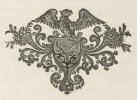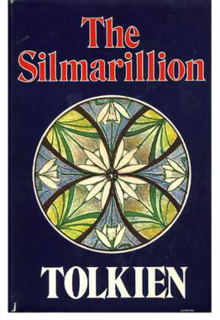In 1720, Europe's last outbreak of bubonic plague began in Marseilles. It killed 100 thousand but spread no farther than the south of France. Of course, at the time no one knew it would be the last or that it would spread no farther. In 1722 Daniel Defoe published
A Journal of the Plague Year, a carefully researched book about the Great London Plague of 1665. For a generation, readers mistook it for a real historical journal; when Defoe's authorship got out, it was mistaken for a novel. It is neither. It is fictionalized journalism like John Hersey's
Hiroshima and Truman Capote's
In Cold Blood, which we call "New Journalism." In 1722, all journalism was new.
We think Defoe based his
Journal on the diary of his uncle Henry Foe, who was trapped in London in 1665 because he dithered over whether to leave until it was too late to rent a horse. Henry could have packed a tent, walked a day or two out of London to a post station and rented a horse there. Instead, he accepted his indecision as fate and said "it is God's will." Does he remind you of anyone you know?
Reading this at age 18 after
Robinson Crusoe, I thought it was an unpleasant book about something important, and I remember hoping I would never be caught in a pandemic plague.
Best line in the book so far, this time around in 2020:








